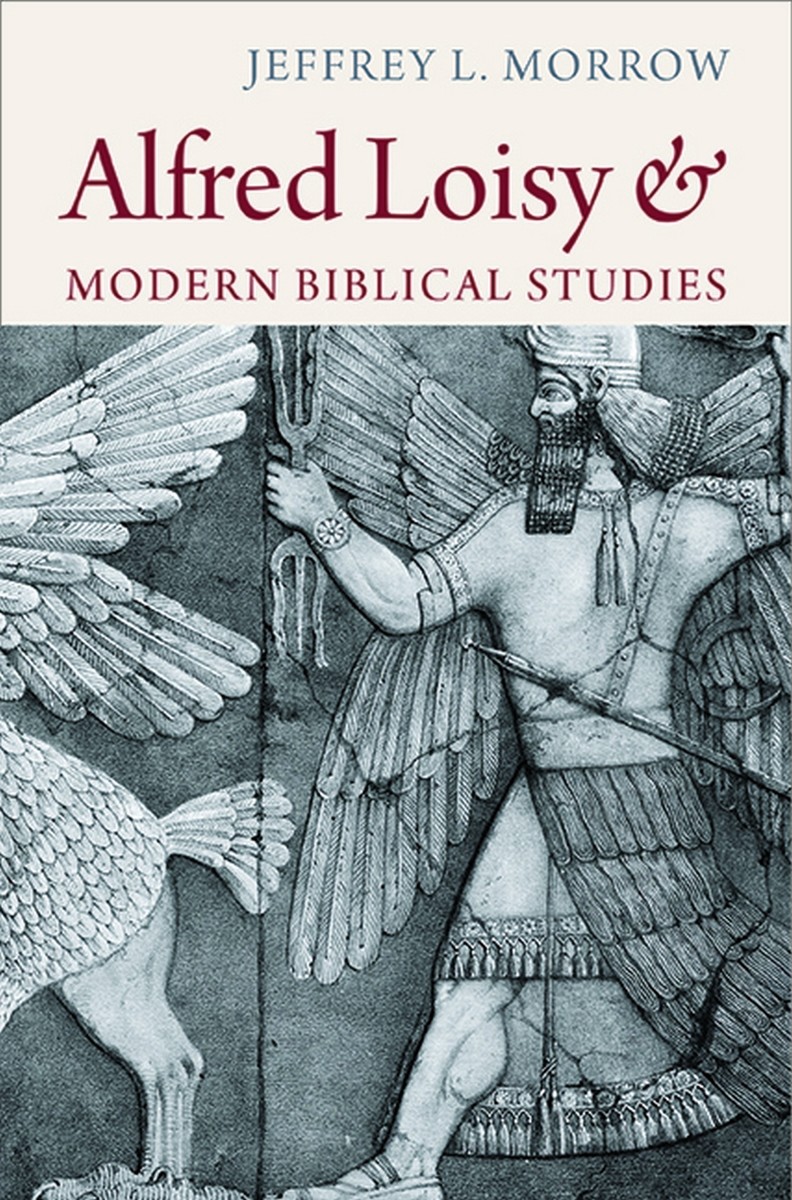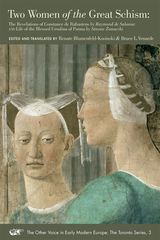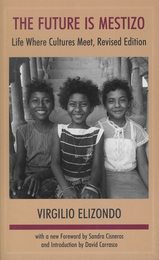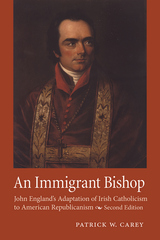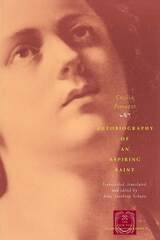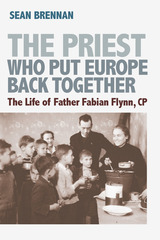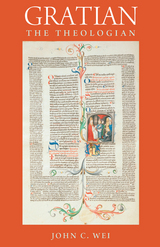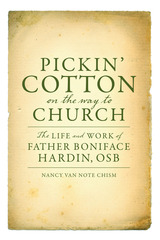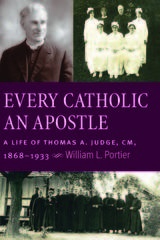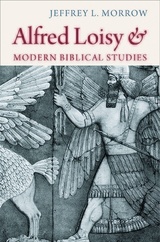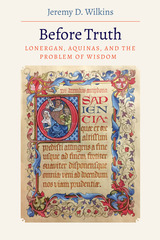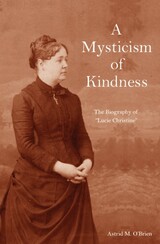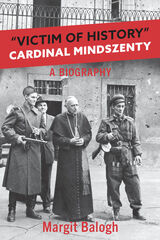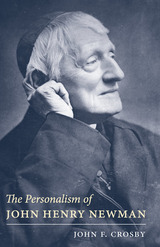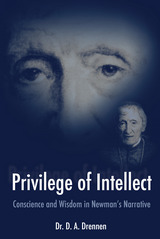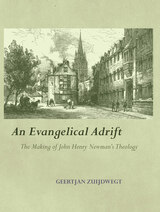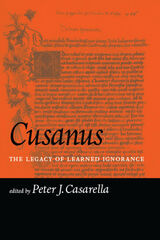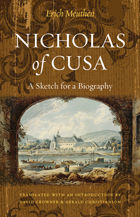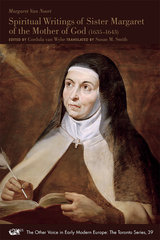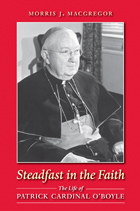Alfred Loisy and Modern Biblical Studies
Catholic University of America Press, 2019
Cloth: 978-0-8132-3121-1 | eISBN: 978-0-8132-3144-0
Library of Congress Classification BX4705.L7M67 2019
Dewey Decimal Classification 220.092
Cloth: 978-0-8132-3121-1 | eISBN: 978-0-8132-3144-0
Library of Congress Classification BX4705.L7M67 2019
Dewey Decimal Classification 220.092
ABOUT THIS BOOK | TOC
ABOUT THIS BOOK
The French Catholic priest and biblical scholar Alfred Loisy (1857-1940) was at the heart of the Roman Catholic Modernist crisis in the early part of the twentieth century. He saw much of his work as an attempt to bring John Henry Newman’s notion of development of doctrine into the realm of Catholic biblical studies, and thereby transform Catholic theology. This volume situates Loisy’s better known works on the New Testament and theology in the context of his lesser known work in Assyriology and Old Testament studies. His early training in Assyriology taught Loisy a comparative historical approach to studying ancient texts, in addition to providing him the requisite training in ancient Near Eastern languages and literature. Loisy built upon this Assyriological foundation with his historical critical work in biblical studies, first in the Old Testament. In his biblical scholarship, Loisy combined the then current trends of historical biblical criticism with his more comparative approach. Prior to his excommunication in 1908, Loisy attempted in his more popular writings to defend the inclusion of historical biblical criticism in the repertoire of Catholic biblical interpretation. He saw this as an important step in reforming Catholic theology. The Modernist crisis set the stage for the major debates that would occur in the Catholic theological world for more than a century. The controversy over Modernism became one important conflict that helped pave the way for the Second Vatican Council. The issues raised during Loisy’s time, remain contested today. Examining how Loisy approached biblical studies helps readers better understand his overall work, and the place it played in the pivotal intellectual turmoil of his day.
See other books on: Biblical Studies | Catholic Church | History & Culture | Modernism (Christian theology) | Religion
See other titles from Catholic University of America Press
